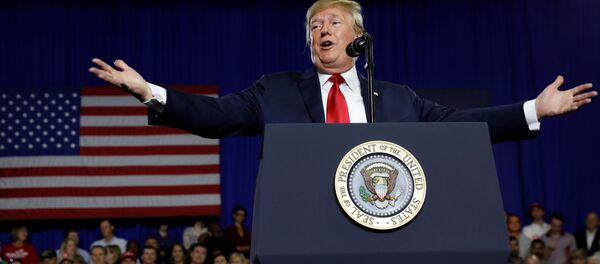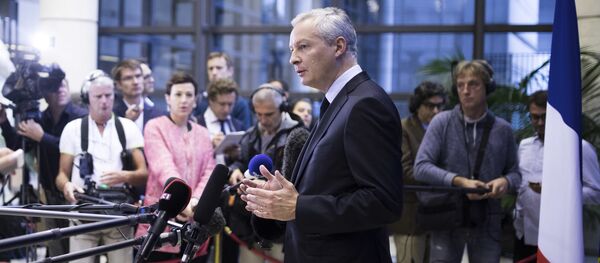The final communique stressed that global economic growth was steady and the unemployment rate was at a decade low; however, the finance ministers emphasized that growth was becoming less synchronized among major economies.
"These include rising financial vulnerabilities, heightened trade and geopolitical tensions, global imbalances, inequality and structurally weak growth, particularly in some advanced economies," the communique said, as quoted by Reuters. "We … recognise the need to step up dialogue and actions to mitigate risks and enhance confidence," the document said. "We are working to strengthen the contribution of trade to our economies."
Notably, the final statement did not mention the United States, which is at the epicenter of multiple trade rows.
Meanwhile, the G20 final communique also stressed that emerging market economies were now better prepared to adjust external shocks but still faced challenges because of market volatility and reversals of capital flows, Reuters reported.
IMF Managing Director Christine Lagarde said on Saturday on the sidelines of G20 ministerial meeting that the recent series of US trade tariffs might reduce the world's gross domestic product by 0.5 percent in the worst-case scenario.
"It certainly indicates the impact that it could have on GDP, which in the worst-case scenario… is in the range of 0.5 percent of GDP on a global basis," Lagarde said.
During his presidential campaign, Trump promised to change the country’s trade policies by resorting to protectionism. After his inauguration, Trump started to fulfill his promises, which, in addition to the tariffs, included withdrawing the United States from the Trans-Pacific Partnership (TPP) and renegotiating the North American Free Trade Agreement (NAFTA).




